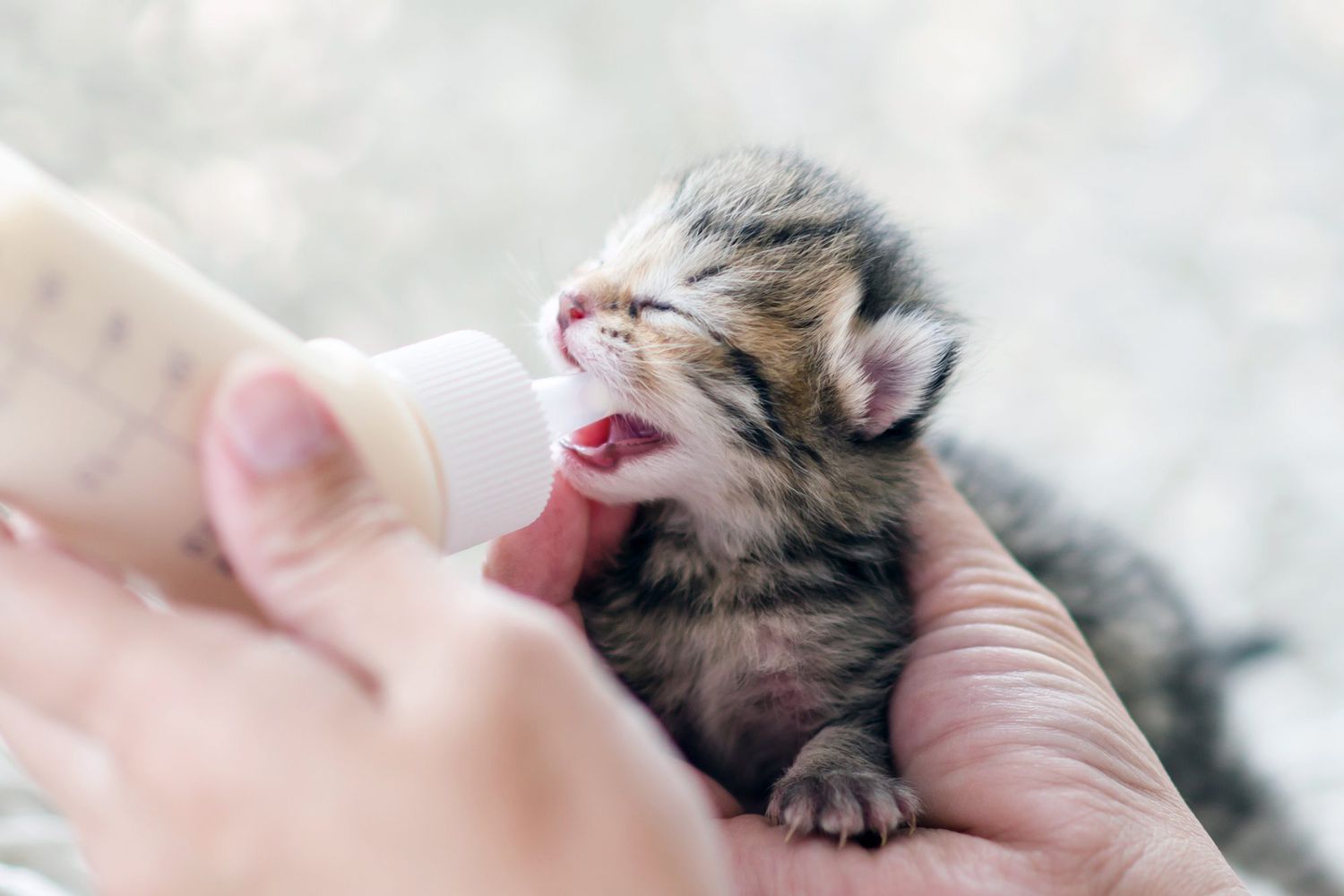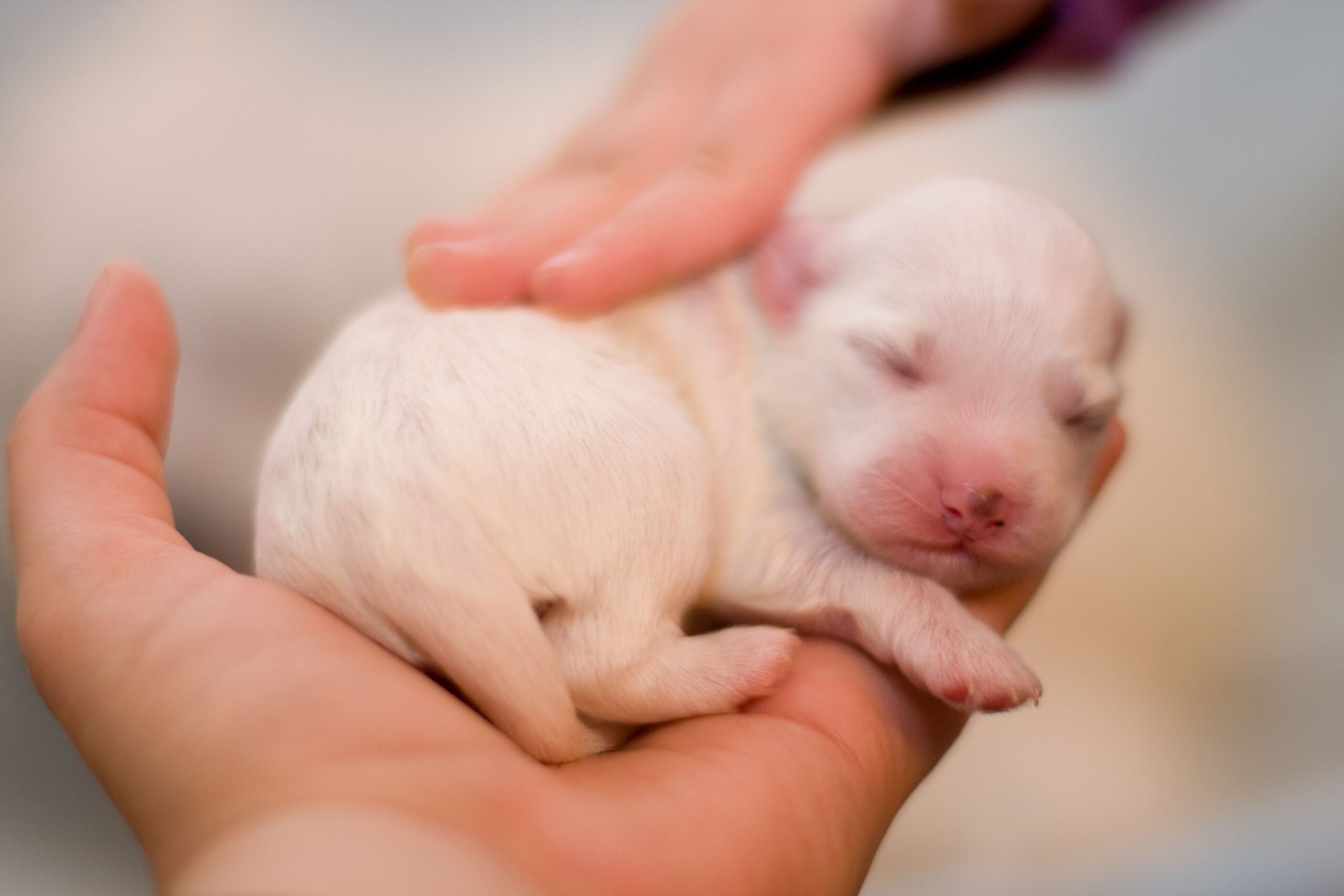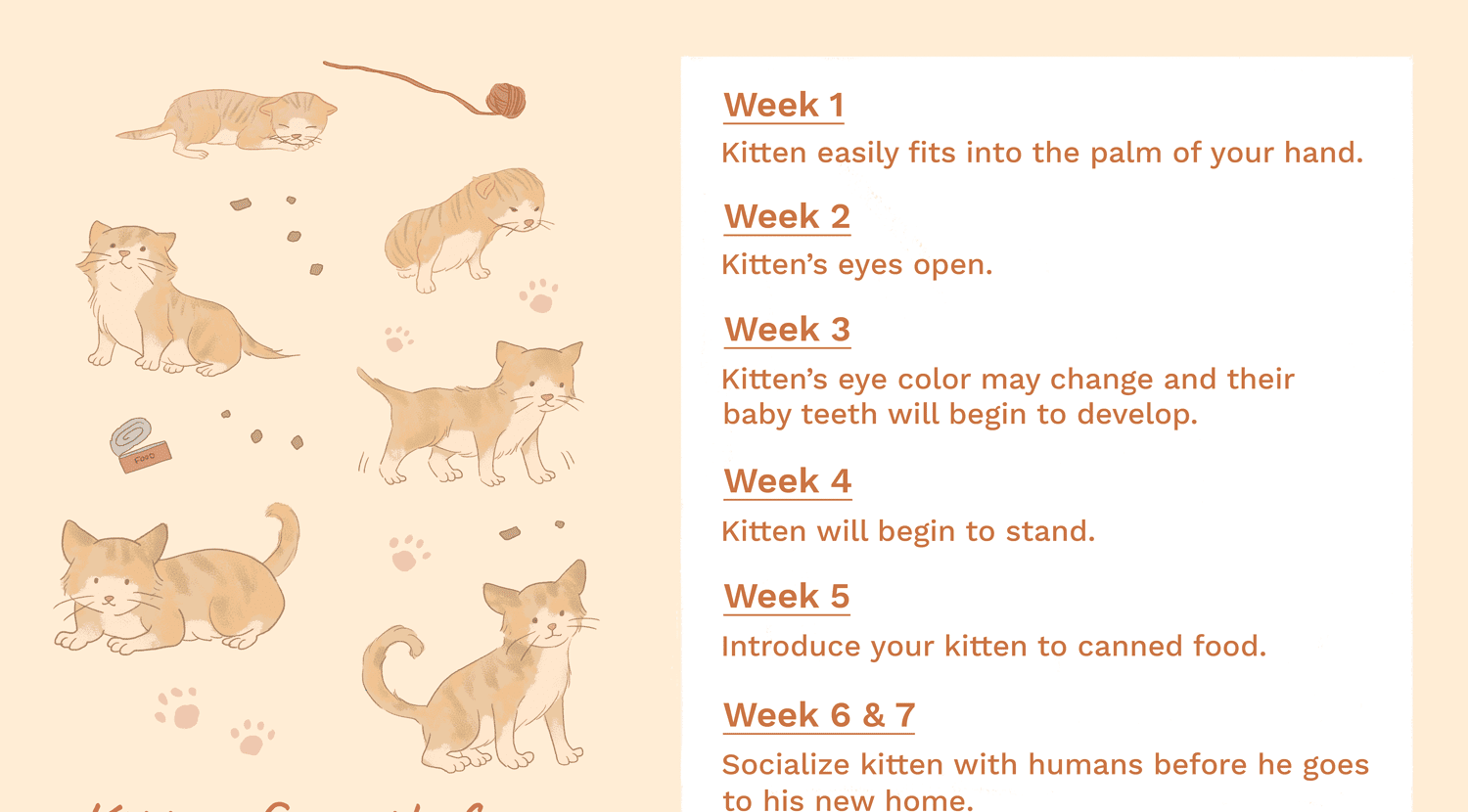Are you curious about the enchanting world of newborn kittens? Delving into the development of these tiny creatures from birth to their first week is not only fascinating but also provides valuable insights into their growth and well-being. Understanding this topic is essential if you're a future cat owner, animal enthusiast, or simply someone who appreciates the wonders of life. So, let's embark on a journey that will unravel the secrets behind kitten development, from their very first breaths to their adorable wobbly steps. Join us as we explore the captivating world of newborn kittens and witness the incredible transformations they undergo in just one short week. Get ready to be amazed by nature's miracles!
Key Takeaways:
- Kittens are born blind and deaf, relying on their sense of touch and smell to navigate their surroundings.
- During the first week, kittens spend most of their time sleeping and nursing from their mother for nutrition.
- Their umbilical cord stump usually falls off within a few days after birth, indicating that they are developing normally.
- Kittens have an instinctive ability to crawl towards warmth and will seek out their mother or siblings for comfort and warmth.
- It is important to provide a warm, quiet, and safe environment for newborn kittens to promote healthy development during this crucial stage.
How do newborn kittens communicate with their mother?
Vocalizations
Newborn kittens communicate with their mother primarily through vocalizations. They make soft mewing sounds to get their mother's attention and let her know that they are hungry or need something. As they grow, their vocalizations become louder and more varied, allowing them to express different needs and emotions. These sounds help the mother cat understand what her kittens want and respond accordingly.
Body language
In addition to vocalizations, newborn kittens also use body language to communicate with their mother. They may knead their paws against her belly to stimulate milk production or rub against her to seek comfort and warmth. When they are content, they will often curl up close to their mother, while if they are feeling uncomfortable or scared, they may try to hide or flatten themselves against the ground. The mother cat is highly attuned to these subtle cues and can interpret them to understand her kittens' needs.
Physical changes in kittens during their first week of life
During the first week of life, newborn kittens go through several physical changes as they adapt to the world outside the womb.
Weight gain
One of the most noticeable changes is rapid weight gain. Newborn kittens double their birth weight within the first week. This is because they rely solely on their mother's milk for nutrition, which is rich in fat and essential nutrients needed for growth.
Development of senses
Another significant change is the development of senses. At birth, kittens are blind and deaf, but within a week, their eyes start opening gradually. Their sense of hearing also begins to develop during this time.
The importance of staying close to the mother for newborn kittens
Staying close to the mother is crucial for newborn kittens as it provides them with essential care and protection.
Milk and nutrition
The mother's milk is vital for the kittens' growth and development. It contains antibodies that help boost their immune system, protecting them from diseases. Being close to the mother ensures that the kittens have access to regular nursing sessions, which provide them with all the necessary nutrients they need to thrive.
Warmth and comfort
Newborn kittens are unable to regulate their body temperature effectively, so staying close to their mother helps keep them warm. The mother cat's body heat provides a cozy environment for the kittens, preventing them from getting cold.
Feeding and diet for newborn kittens during their first week
During their first week of life, newborn kittens rely solely on their mother's milk for nourishment.
Frequent nursing
Newborn kittens need to nurse frequently, usually every 1-2 hours. Their small stomachs can only hold a small amount of milk at a time, so they need frequent feedings to meet their nutritional needs.
Mother's milk composition
The mother's milk is specially designed for her kittens' needs. It is rich in fat and proteins, providing the necessary energy for growth. It also contains antibodies that help protect the kittens from infections and diseases.
Signs of healthy growth and development in newborn kittens
Observing certain signs can indicate that newborn kittens are growing and developing healthily.
Weight gain
A steady increase in weight is a positive sign of healthy growth in newborn kittens. They should gain around 10-15 grams per day during their first week.
Active movement
Healthy newborn kittens display active movement as they grow older. They start wriggling around more, attempting to crawl or walk, and exploring their surroundings.
Senses of newborn kittens and how they change as they grow
Newborn kittens are born with undeveloped senses, but these senses gradually improve as they grow.
Vision
At birth, kittens are blind, and their eyes remain closed for the first week. However, by the end of the second week, their eyes begin to open, allowing them to see their environment. Initially, their vision is blurry, but it improves over time.
Hearing
Newborn kittens are also born deaf, but their hearing develops within the first few weeks. They start responding to sounds and can locate the source of a noise by around three weeks old.
Common challenges faced by newborn kittens and how to help them overcome them
Newborn kittens face various challenges during their early days of life, but with proper care and attention, these challenges can be overcome.
Inadequate milk supply
Sometimes a mother cat may have difficulty producing enough milk for her litter. In such cases, it is important to consult a veterinarian who can provide guidance on supplementing the kittens' diet with formula or finding a foster mother cat if necessary.
Temperature regulation
Newborn kittens cannot regulate their body temperature effectively and are prone to getting cold. Providing a warm environment with a heating pad or heat lamp helps ensure they stay warm and comfortable.
Overall, understanding how newborn kittens communicate with their mother, monitoring their physical changes and growth, providing proper nutrition and warmth, nurturing their developing senses, and addressing any challenges that arise are essential in ensuring healthy development during this crucial stage of life.
In conclusion, during their first week of life, newborn kittens rely on their mother for everything. They grow rapidly and begin to open their eyes, but still need lots of care and warmth to thrive.
What should 1 week old kittens be doing?
The kittens have increased their weight to approximately eight ounces, which is twice their birth weight. While they are becoming more aware of their surroundings, they still prefer to stay close to their mother, nest, and siblings for warmth and comfort. They spend most of their time sleeping.
How big is a kitten at 1 week old?
Kittens go through several developmental milestones as they grow. In the first 2-5 days, they typically weigh between 3.5-6 ounces (90-140 grams). By 10-14 days, their weight increases to around 8 ounces (227 grams). At 2-3 weeks old, they usually weigh 12 ounces (340 grams) or more.
What do kittens look like at 2 weeks old?
When kittens are two weeks old, their eyes will be fully open and they will have a baby blue color. Their vision will still be developing at this stage. The ear canals will also be open and their ears will be small and round, resembling a baby bear cub. Two-week-old kittens may still be unsteady on their feet as they try to develop coordination and movement.
How do I know if my 1 week old kitten is healthy?
Be observant for swollen stomachs in kittens, as this could indicate a problem with urination or defecation that may require intervention. Regularly examine the tongue and gums of the kittens to ensure they have a healthy, bright pink color. Also, ensure that each kitten is active and moving around for feeding and rest.
How long can 1 week old kittens be left alone?
Young cats and kittens should not be left alone for more than four hours at a time if they are under four months old. If your lifestyle requires your cat to spend time alone, it is important to gradually acclimate them to being alone by increasing the amount of time you spend outside of the house.
Is it OK to handle 1 week old kittens?
Picking up kittens at a very young age can put them at risk of infection and illness, so it is best to wait until they are at least two weeks old. At this point, it is beneficial to start introducing them to humans and allowing them to be touched, as this is a critical time for socialization between weeks two and seven.

















